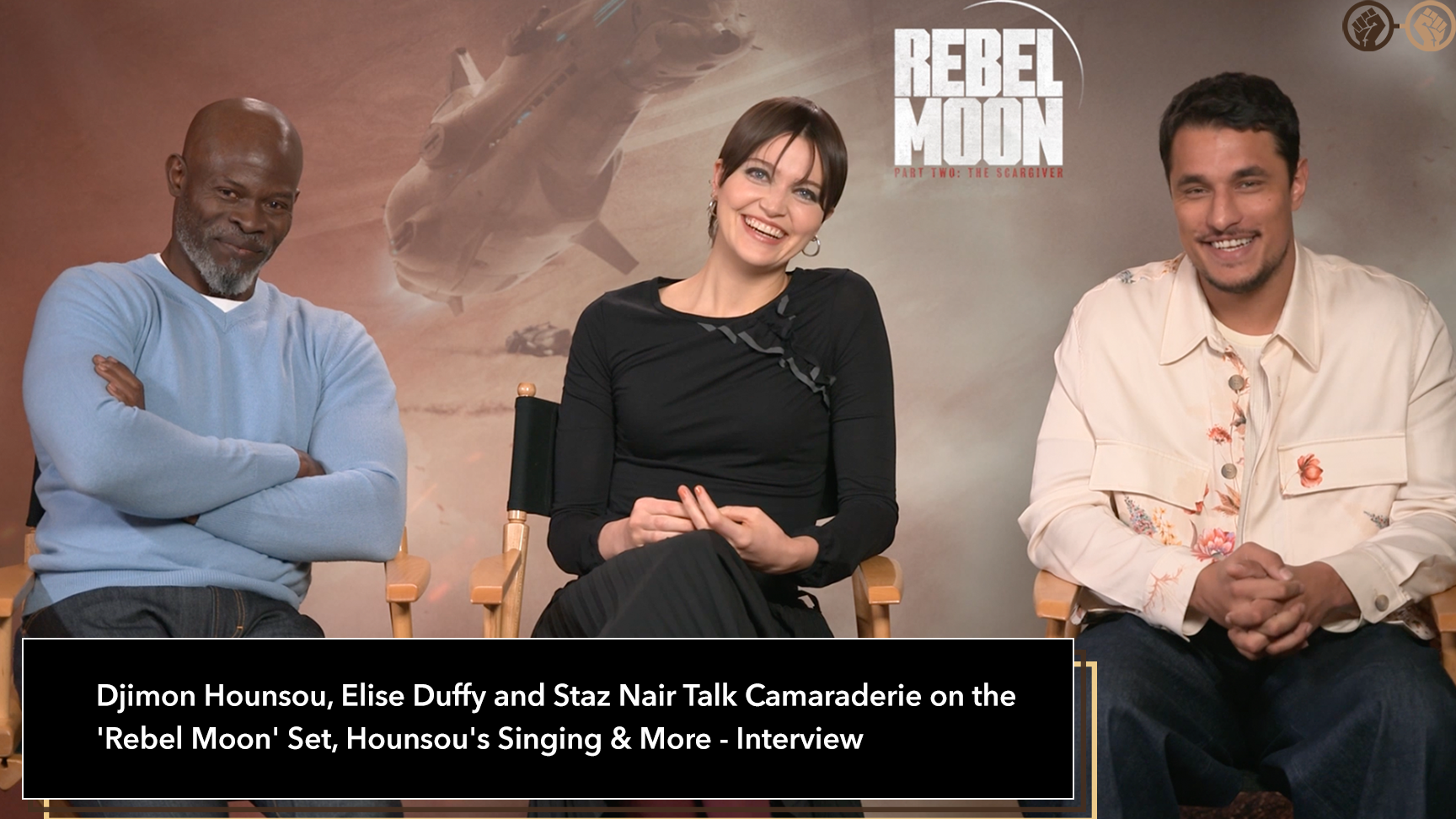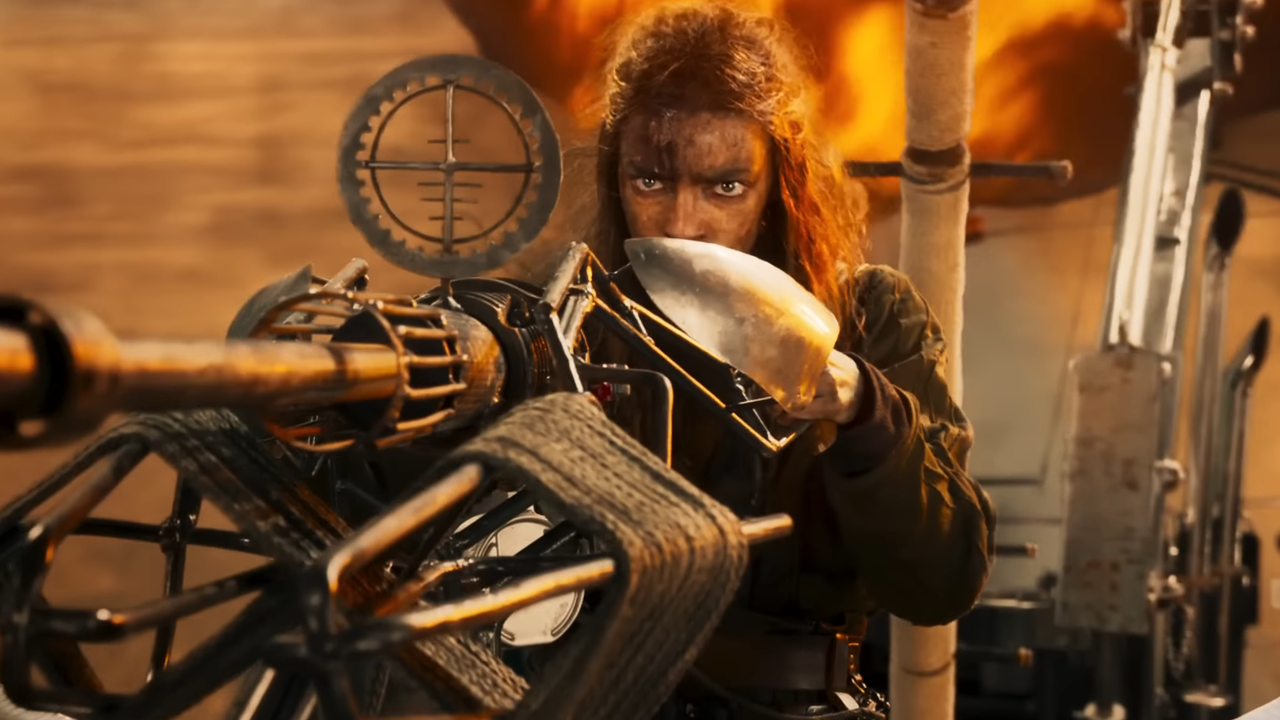While union activist/leader Jimmy Hoffa was serving prison time through the late 1960s, a group of wild young film students was ramping up to shake down Hollywood. And although this group consisted of game-changing innovators like Steven Spielberg and George Lucas, director and MCU critic Martin Scorsese has proven to be the most savvy in navigating the tectonic shifts in the movie industry throughout his near 50-year career. No period has tested Scorsese’s resilience more than this past decade, as digital technological upheavals changed the processes of making and distributing cinema. He is always managing to find his voice amongst these rapid changes – most notably demonstrating his ability to adapt these monumental transitions through his excellent 2011 film Hugo. His newest film The Irishman is yet another test of the legendary director’s endurance during the evolving climate of streaming.
Being Scorsese’s first time working with streaming giant Netflix, the director did not face this bout alone. The Irishman promises an ensemble of gangster movie icons, including Scorsese alum Robert De Niro, Harvey Keitel, and the formerly retired Joe Pesci, alongside a first-time collaboration with fellow contemporary Al Pacino. Pacino plays Jimmy Hoffa – a prominent American political figure who goes missing in 1975 due to his deep business ties with the mob. The story around Hoffa’s mysterious disappearance has been a subject mired in controversy and conspiracy theories for decades. Still, the perspective this movie adopts is that of Frank Sheeran (De Niro) – a WWII soldier turned hitman for the Bufalino crime family. This story offers much more than a flattering look at Hoffa’s outlandish personality, as the audience follows much of Sheeran’s unglamorous pre and post-mob life as detailed in Sheeran’s biography, “I Heard You Paint Houses” by Charles Brandt.

Scorsese perfected the formula of “the rise and fall of powerful mafia men” archetype throughout his career. From Mean Streets to Goodfellas to Casino, no filmmaker has become as associated with the gangster movie genre as we know it today. Quite frankly, this assessment is a massive oversimplification of the diverse stylistic palette of Martin Scorsese, as he has proven his range through multiple genres. From character-based psychological thrillers (Taxi Driver, Cape Fear) to bombastic biopics of eccentric moguls (The Aviator, The Wolf of Wall Street) to Daniel-Day Lewis costume dramas (Gangs of New York, The Age of Innocence) to deeply meditative religious pieces (Silence, The Last Temptation of Christ), Scorsese is continually flexing his storytelling prowess. A common denominator between this vast collection of films comes from enabling his performers to deliver their career-best work. In enlisting this cast of veterans, Scorsese positions The Irishman as a return to greatness for De Niro, Pacino, and Pesci. Fortunately, all of the cast excels in providing nuanced, multi-faceted characterizations of their real-life counterparts. De Niro’s restrained, self-contained performance contrasts perfectly to Pacino’s more energetic illuminative presence.
The 3.5 hour runtime of The Irishman follows Sheeran, Hoffa, and Russell Bufalino through multiple decades. In doing so, the filmmakers employed computerized de-aging technology to present these characters as younger portraits of the actors playing them. The usage of the de-aging is not distracting, and it works well enough to allow the humanity and nuance of the stars to shine through. Moreover, intelligent lighting and the slightly muted cinematography assisted in achieving a convincing a realistic de-aging effect.

While hiring younger actors might have been easier to shoot, choosing older personalities who are all as synonymous with the mob movie genre as Scorsese himself builds upon the overall reflective nature of the film itself. The director’s crime movies customarily demythologize organized crime and strip away the elusiveness of mafias to uncover the vile and repulsive reputation of these organizations. The Irishman differentiates itself by depicting the gangster lifestyle with a looming sense of resentment for our protagonist’s violent past. On a meta-textual level, the film could be read as the director’s delineation of regret for his exploitative portrayal of violent, heartless figures.
Through the film’s non-linear framing device, the audience receives the events of this story as reflective memories of De Niro’s Frank Sheeran. In such, the pacing is meticulously prolonged to emphasize the multigenerational scope of the film – which certainly does not aid the exasperated attention span of this reviewer when coupled with the sempiternal 3.5 hour runtime. The editing by the legendary Thelma Schoonmaker is more akin to a slow burn such as Silence, rather than the hyperkinetic rhythm of Goodfellas or The Wolf of Wall Street. While the movie moves at an unhurried pace, the editing intentionally subjects the viewer to Sheeran’s musings over his memories in the mob. The movie succeeds in its subversion by using the temporal design to invoke a subjective point of view of the quiet main character. In combining Scorsese’s witty, high energy mob movie aesthetic with a relatively more reserved temporal pulse, The Irishman represents a mammoth merger of styles yet unseen in Martin Scorsese.

In a world without Netflix, I imagine traditional studio executives forcing Scorsese and Schoonmaker to trim down its lengthy runtime. Fortunately, without the need to condense this movie for theatrical exhibition, The Irishman is both the most uncompromised and the most complete a Scorsese film has felt in decades. Moreover, releasing this film on Netflix will most certainly help film fans digest this movie as thoroughly as need be, as it allows for a comfortable viewing experience at home with opportunities to rewind and revisit the film at one’s leisure. In assembling The Irishman’s all-star cast to tell this epic gangster saga, Scorsese crafts the most consistently enthralling and contemplative crime movie since Sergio Leone’s Once Upon a Time in America.
The Irishman is now streaming on Netflix.






Leave a Reply